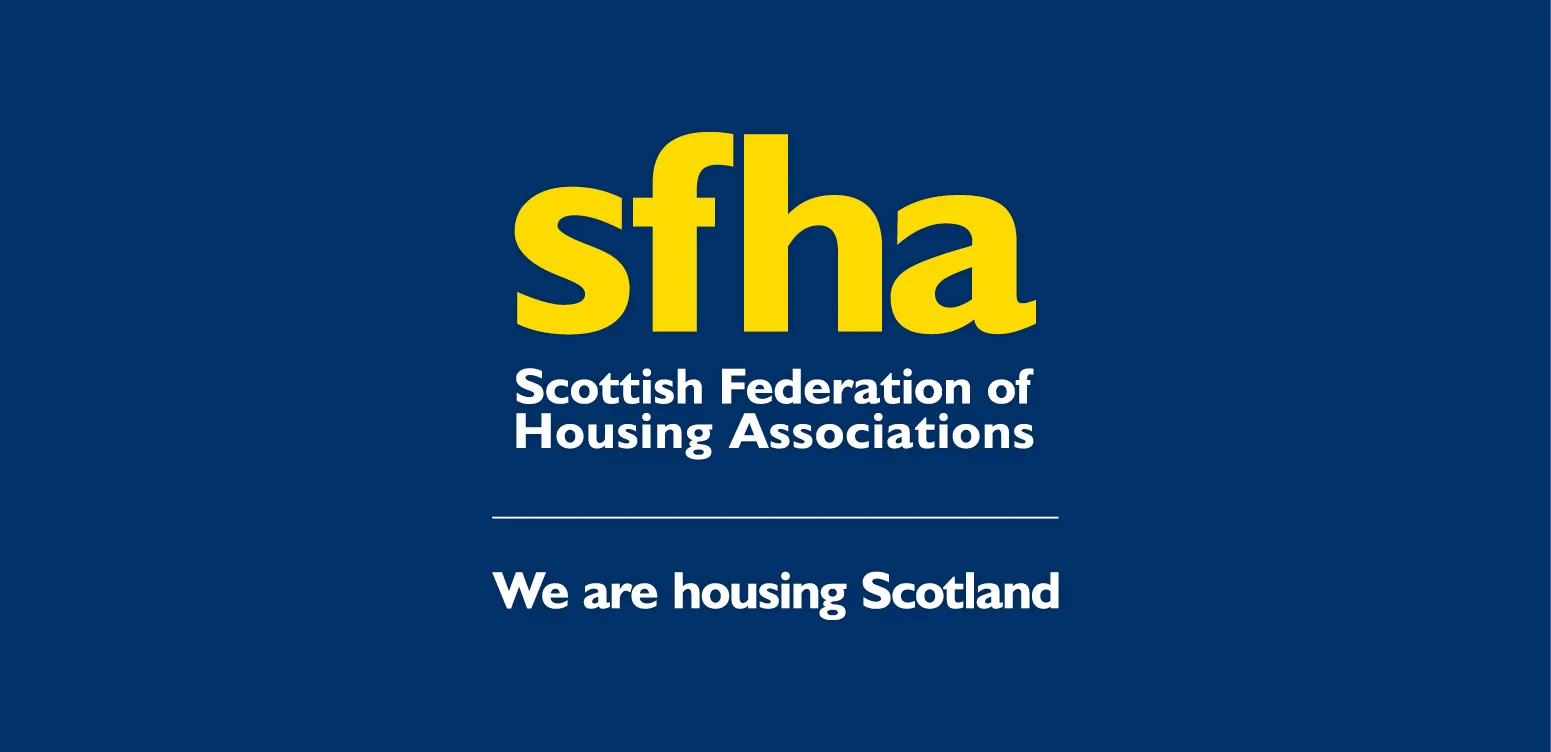Member briefing: UK Government Autumn Budget
Yesterday the Chancellor, Rachel Reeves MP, delivered Labour’s first budget at Westminster for fourteen years.
Yesterday the Chancellor, Rachel Reeves MP, delivered Labour’s first budget at Westminster for fourteen years.

Yesterday the Chancellor, Rachel Reeves MP, delivered Labour’s first budget at Westminster for fourteen years. This saw tax rises of about £40bn, spending increases of around £326bn for public services and investment across the parliament (with healthcare and education prioritised), alongside a focus on investment facilitated by new government rules giving greater borrowing capacity. In the Spring the Government will also lay out their spending review which will include more detail on their plans, notably their strategy on child poverty.
We know that members will be considering the impact of this budget on rents, staff cost of living increases and indeed the ability to hire new staff. Overall, we’ve identified three key areas: the impact on members as employers; the wider financial impact on the Scottish Budget and housing landscape; and measures taken to support people with the cost of living.
Impact on members as employers
The most immediate effect of the budget on members is likely to be the increase in costs associated with changes to National Insurance (NI). The biggest set of tax increases announced were on employer’s National Insurance contributions which are set to raise £25bn a year by the end of this Parliament. Employer’s NI contributions are set to increase by 1.2 percentage points to 15% and this will take effect from April 2025. Alongside this, the secondary threshold at which employers must pay NI contributions is set to fall from £9,100 a year to £5,000. To counterbalance some of the impact on smaller employers, Employment Allowance (which allows eligible employers to reduce their annual NI liability), will increase from £5,000 to £10,500.
In terms of the cost to employers, for somebody on around £30,000 a year, this will cost employers around £900 additionally per year.
The National Living Wage will increase by 6.7% to £12.21 an hour from April 2025. The minimum wage for 18–20-year-olds will also increase by 16% to £10.00 as a first step towards the age discrepancy in the minimum wage being closed.
These increases will also support tenants who are in low paid work and may go some way to reduce tenant hardship for those in work.
Impact on the Scottish Budget and housing landscape
As a headline figure, the Scottish Government’s budget for 2025-26 will be £3.4bn larger than pre-budget. This will be made up of £2.8 billion resource and £610 million capital spending. What we can expect to see in terms of the Scottish Government’s capital budget is 7.1% growth in real terms next year.1 This contrasts with what was expected pre-budget of a significant real terms cut to Scotland’s capital budget.
In recent months Scottish Ministers have repeatedly noted that any additional capital spend would be used for affordable housing as their priority. Ahead of the Scottish Budget in December, we will do all we can to ensure that happens.
Another possible impact of this UK Budget is that interest rates will remain higher for longer as long-term borrowing costs have increased. On Thursday we will see the Bank of England’s monetary policy committee make its latest interest rate decision. The Office of Budget Responsibility has forecast that CPI inflation will be an average of 2.6% for 2025, and that compared to their March forecast, inflation is expected to be higher in both 2025 and 2026.2 There remains significant uncertainty around the inflation forecasts, but the target has been kept at 2%.
There were also several announcements on housing policy in England which are worth noting for any potential longer-term impact on Scottish policy. These include:
Impact on the Cost of Living
The Chancellor outlined some support for the cost-of-living which are worth noting. While there was already an increase for the Household Support Fund in England, this was reiterated at the Budget. We will continue our call for Scottish Government to replicate a Cost-of-Living Fund at their upcoming Budget – in part to replace the Fuel Insecurity Fund which was scrapped at the last Scottish Budget.
Ahead of the election SFHA alongside her sister federations across the UK campaigned for the introduction of an energy social tariff. This was not part of the announcements made yesterday and campaigning will continue to introduce a lower rate of energy for those who need it most.
Another change announced was a reduction in the level of debt repayments that can be made from Universal Credit entitlement, which may include rent arrears. The maximum level of repayments is to be reduced from 25% of a standard allowance to 15%.
Other announcements include changes to Carers’ Allowance, whereby the weekly earnings limit has been increased so an individual can earn over £10,000 a year and still be entitled to Carers Allowance. This is the equivalent of 16 hours work at National Living Wage. Carer’s Allowance has been devolved, with individuals transferring over to the Scottish Carer Support Payment, and any changes to eligibility will be for Scottish Government to decide.
The previous Government’s announcements on changes to Work Capability Assessments will go ahead, and a new announcement was made on reducing the number of people signed off work for sickness.
Overall, the Budget did not do enough to tackle hardship and poverty. Working age benefits are set to see an increase of 1.7% (September 2024 inflation). The most pernicious elements of the social security system have been left unchanged; the bedroom tax, the two-child limit and the five-week wait for Universal Credit payments. The overall level of social security remains detached from the cost of living or people’s needs. We will continue to campaign for an increase in the overall value of entitlements and the introduction of an Essentials Guarantee as we move forward.
If you would like to discuss anything in more detail, please do get in touch with a member of the team.